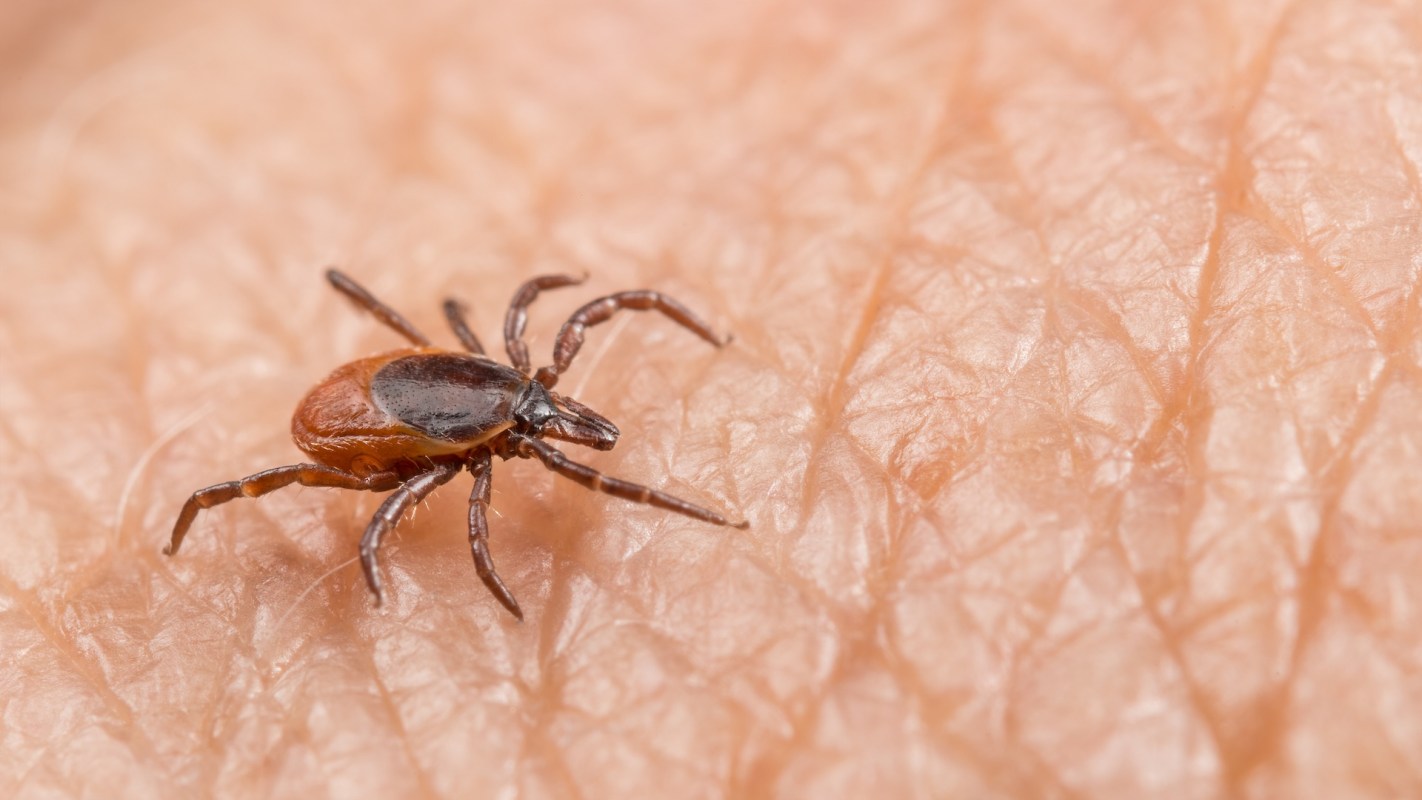Scientists were pleasantly surprised to discover that a protein found in human sweat may offer protection against Lyme disease, the most common tick-borne infection in the United States and Europe.
"When we talk about risk factors for [contracting] Lyme, we generally talk about camping, golfing, maybe gardening," MIT immunologist Michal Tal said, as detailed by Science News. "It's never even been a question of whether or not it mattered if you were sweating, and if you had any protection in your sweat."
The scientists published their findings in the journal Nature Communications in a study titled "SCGB1D2 inhibits growth of Borrelia burgdorferi and affects susceptibility to Lyme disease."
The study found that 40% of people had a mutated version of the SCGB1D2 protein, which did not offer the same protections. However, everyone could benefit from this finding, as researchers could develop a medicine to treat Lyme disease using the non-mutated SCGB1D2 protein.
A study in BMJ Global Health estimated that about 14% of people worldwide have had Lyme disease. It can pose serious long-term health risks.
"I'm excited, with caution," medical entomologist Adela Oliva Chávez of the University of Wisconsin–Madison said, per Science News.
The research is especially crucial now, as Lyme disease is one of the vector-borne diseases that are on the rise because of changing weather patterns brought on by the overheating of our planet, which is largely a result of dirty energy sources such as gas and oil.
"We're seeing cases of tick-borne diseases in January and February," said Matthew Phillips, an infectious diseases fellow at Massachusetts General Hospital and Harvard Medical School, per UC Davis Health. "The tick season is starting earlier and with more active ticks in a wider range. This means that the number of tick bites is going up and with it, the tick-borne diseases."
Unfortunately, scientists expect rates of vector-borne diseases such as Lyme, malaria, and dengue fever to continue to climb in the coming years. The good news is that new and more effective treatments may be on the way.
Join our free newsletter for weekly updates on the coolest innovations improving our lives and saving our planet.









